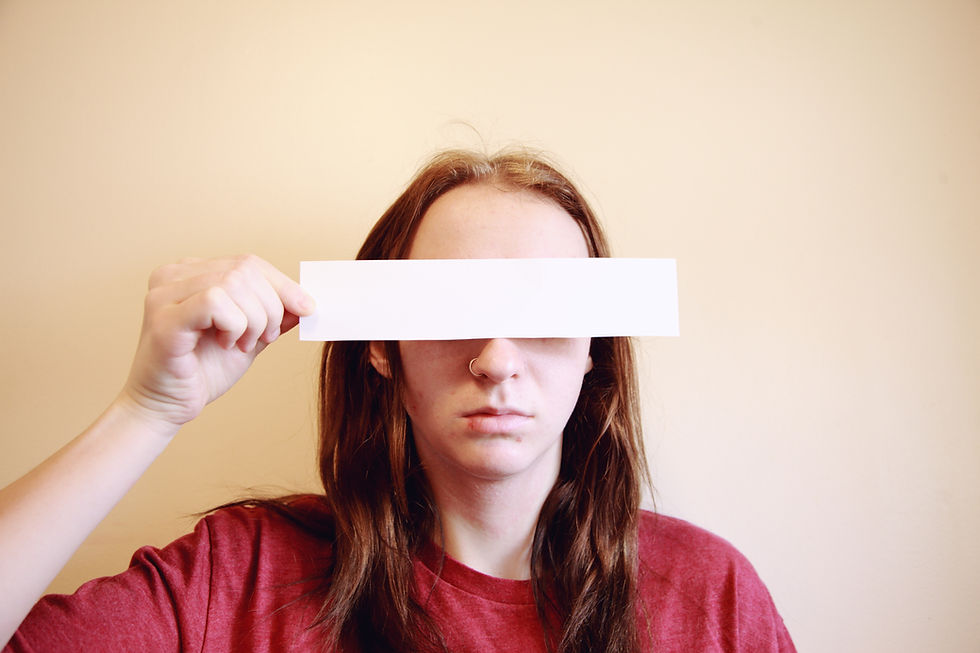The ADHD Productivity Trap - Why Trying Harder Isn't Helping
- Matthew Hallam

- Sep 2, 2025
- 3 min read

What is the ADHD productivity trap?
It’s the cycle of working harder without getting anywhere and then blaming yourself for it.
For many adults with ADHD, the problem isn’t a lack of effort. In fact, it’s often the opposite. You care. You try. You push. And still, things fall through the cracks. Deadlines are missed. Tasks pile up. And the story your brain tells is: "I must not be trying hard enough."
But that story is misleading.
Why the ADHD productivity trap is so exhausting
Trying harder isn’t free. It comes with a cost – one that most people don’t see.
Work, study, and daily tasks demand cognitive energy. But for many people with ADHD, that energy is already being spent just to get through the day. Planning meals. Getting out the door. Deciding what task to do first. It all adds up. And when you add the pressure to perform on top of that, you're often burning through reserves you didn’t realise were already low.
The emotional cost? Guilt. Shame. Frustration. That quiet grief that comes from knowing you’re trying and still falling short. And worst of all, the assumption (yours or someone else’s) that you’re just not disciplined enough.
Sometimes you don’t even notice it yourself – because it’s always been like this. Other times, people don’t notice because you hide it well. You mask. You overcompensate. You make it look like you’re coping, even when you’re running on empty.
What does trying harder actually look like with ADHD?
It’s not always visible effort. Sometimes it’s:
Hours spent thinking about a task without starting it
Writing and rewriting the same message until it feels "safe"
Avoiding things until the panic sets in
Working until 2am to catch up on what others finish in an hour
Beating yourself up for not being able to "just do it"
And it often comes with a sense of internal chaos – a full-brain feeling that leaves no room to breathe. The harder you try, the more tangled things become.
So what actually helps?
Recognition. Redesign. Relief.
First, recognise that effort isn’t the problem – it’s the energy drain of effort that isn’t going anywhere. Then, start to notice your actual load. Not just what’s on your to-do list, but what it takes to show up in your life at all.
Support for ADHD isn’t about working harder. It’s about reducing the invisible load:
Clear external systems that make things visible
Gentle routines that protect your energy
Expectations that match your real capacity
Recovery time that doesn’t have to be earned
You don’t have to run on empty to prove you care.
Is there research behind this?
Yes. Studies on executive dysfunction, masking, and cognitive fatigue show that adults with ADHD carry a significantly higher mental load than peers, especially when unrecognised (Barkley, 2010; Brown, 2013). Research also points to the role of structure and external scaffolding in reducing burnout and increasing follow-through.
When the effort you give finally meets a system that works for your brain, the burnout cycle breaks.
Final Thought:
If you’re stuck in the ADHD productivity trap, know this:You’re not lazy. You’re carrying more than most people can see.
Trying harder isn’t the answer when the system isn’t working. But understanding your brain – and creating space for the way it moves through the world – might be.
References:
Barkley, R. A. (2010). Taking Charge of Adult ADHD. Guilford Press.
Brown, T. E. (2013). A New Understanding of ADHD in Children and Adults: Executive Function Impairments. Routledge.

Structure, Support & Strategies - All in One Place
Staying organised with ADHD isn’t about forcing a system that doesn’t fit - it’s about finding tools that work with your brain, not against it.
ADHD Planner Bundle – A set of planners designed to help you manage focus, motivation, and daily tasks in a way that feels natural and sustainable.
Disclaimer: The information provided in this blog post is for educational and informational purposes only and is not a substitute for professional psychological or medical advice. The content is intended to support general wellbeing and personal growth, but it may not address specific individual needs. If you have mental health concerns or require personalised support, please consult a qualified healthcare provider. Equal Psychology, Equal Breathwork, Reflective Pathways and its authors are not liable for any actions taken based on this information.
.png)



Comments